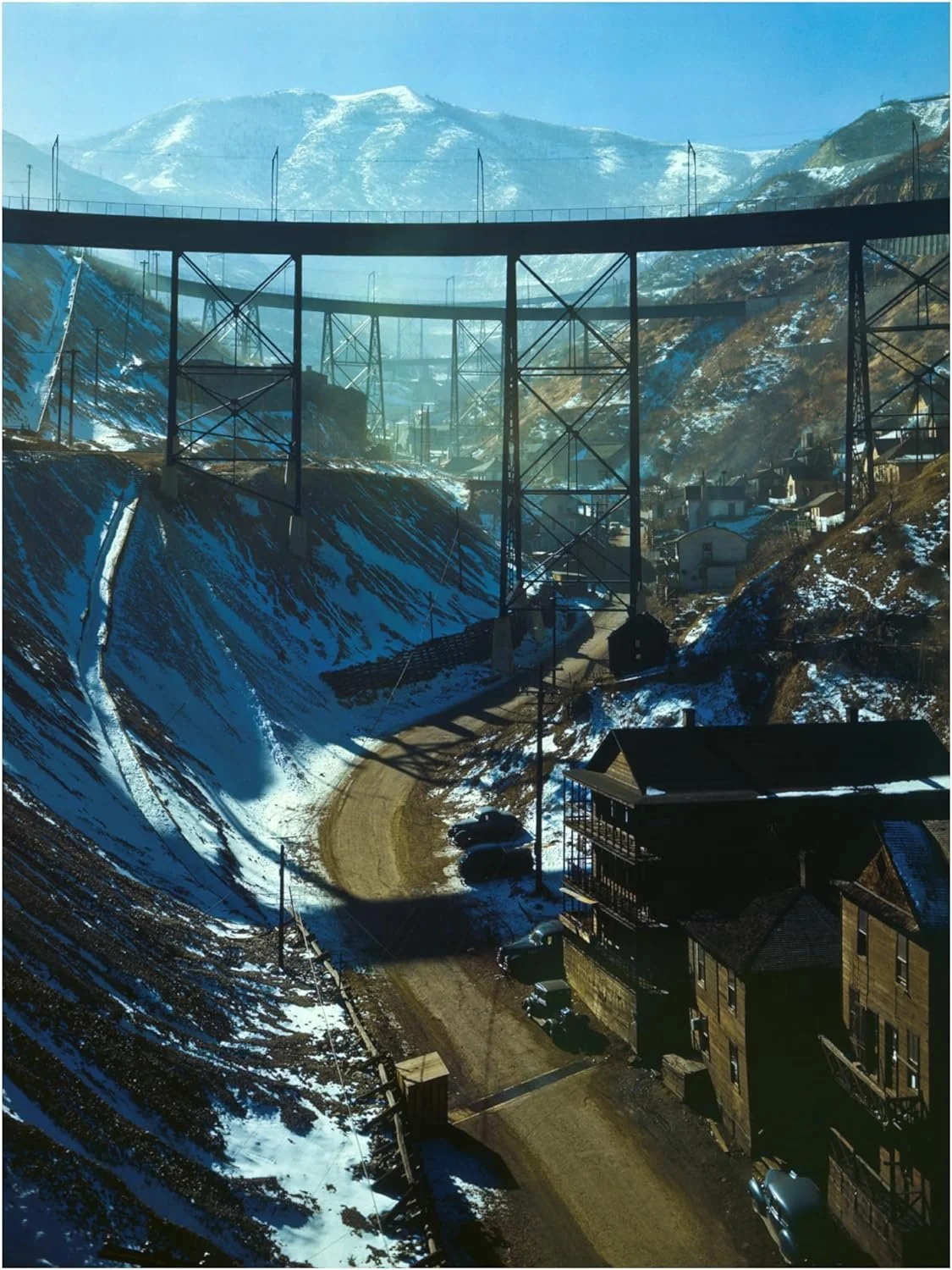You know it's going to be a bad day when an official from the Environmental Protection Agency shows up at your door and wants to test your water.
A few years back my wife and I lived in an old mining camp high in the Pioneer Mountains of central Idaho. It was a incredibly scenic location, couched in a mountain valley with rugged snow-capped peaks rising in all directions. Our home was a prospector's cabin fashioned from rough-hewn lumber, rustic and full of character.
Early century miners drew tons of silver ore out of the nearby hills, crushed it to a fine powder and separated out the precious metals. They left behind mounds of overburden and large lagoons of mill tailings, the kinds of rock piles and mine wastes seen all across the West.
The EPA eventually released a report on those tailings and our former home. In one of the community wells from which we drew our water, the scientists found high levels of lead. In the air we used to breathe they discovered wind-borne particles of manganese, cadmium and copper. And in the soils where we once grew spuds and carrots, tests indicated "elevated concentrations" of arsenic, lead, mercury, vanadium and zinc.
Overnight, it seemed, the little village had been transformed from an ideallic mountain retreat to a leading candidate for the EPA's Superfund hazardous waste program.
At a hastily organized community meeting, EPA scientists and health officials explained their concerns. The lead levels were alarming, especially for the area's children. Research has linked lead in the blood with developmental problems. Arsenic contamination could be deadly. Studies suggest it could cause cancer.
And the other heavy metals, well, who knows? Most are present in a healthy diet. You find them in vitamins. But if you breathe or swallow too much of them, what happens? Nobody can say.
What are the risks? the residents asked.
It all depends, the scientists responded.
Blood and urine tests will reveal the level of a person's exposure. Beyond that, it's all a gamble. Lead could settle in the bones; arsenic might get absorbed by the liver. There might be health problems and there might not.
But certainly the chances of these metals causing trouble are greater for having been exposed to them, just as a chimney fire is more likely in a fireplace that's used than in one that sits empty and cold.
Life is full of risks. The odds of getting struck by lightning, I've read, is about one in two million. The likelihood of being murdered in this country is nine in 100,000. Death by heart disease is 30 times more likely.
Lung cancer rates are highest among smokers and the chances of dying in an auto accident are greater if you don't wear a seatbelt. Avoiding cigarettes and buckling up are like an inverse lottery -- you reduce your chances of being a victim.
But there's a difference between choosing to take a risk and living with a risk taken by someone else.
I remember living in a large metropolitan area and realizing how vulnerable I was to other people's mistakes. An errant driver on the freeway, a negligent building inspector, or a germy waitress could end my life. Any number of things can go wrong in a chemical plant or a water treatment facility that would affect entire neighborhoods.
After being shortchanged at the drug store and having the kid who changed my tires neglect to tighten the bolts, or reading about the bridge that failed and the bus driver that fell asleep, it gets harder and harder to trust other people with my well-being.
We moved away from the mining camp, not because of the tailings but because the only access to our jobs was along a dangerously narrow road prone to avalanches in winter. That was an immediate danger we could recognize.
Risks are like jokers in a deck of cards. If there's one in the deck, there's a chance it'll get drawn.
To my way of thinking, it's proper for the EPA or someone else to point out the jokers, even if there's only one in a million cards. It's only fair to know that this or that could be a risk, whether it's Alar on apples or smoke in the lungs. And if someone is recklessly endangering my life by dumping toxic chemicals into an aquifer or releasing cancerous pollutants into the air I have to breathe, I want to know about it and have a chance to react.
But beyond that, people have a right to their own choices and their own risks. Everyone's deck of cards is different and they've all got wild cards. No one can really tell you where or when they'll turn up. You have to trust your own intuition.
I'll pick my own cards, thank you. And I won't tell you how to pick yours. Let's hope we all draw winners.



